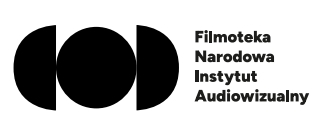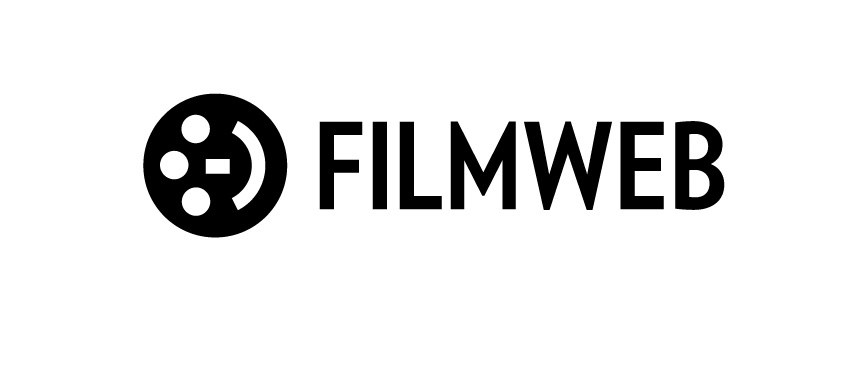Czołówka
- Tytuł oryg.:
- Tomorrow
- Rodzaj:
- Film dokumentalny
- Kraj produkcji:
- Rosja
- Rok produkcji:
- 2012
- Reżyseria:
- Andriej Grjazew
- Montaż:
- Andriej Grjazew
- Operator:
- Andriej Grjazew
- Czas trwania:
- 90 min.
Opis filmu
Andriej Griazjew przez półtora roku dokumentował z kamerą w ręku działania petersburskiej grupy artystycznej „Wojna”, znanej z radykalnych interwencji w przestrzeni publicznej. Transgresywne akcje grupy to nie tyle prowokacja wymierzona w gust przeciętnego konsumenta popkultury, ile często bezpośredni atak przeciwko władzy. W ich przypadku sztuka ma charakter totalny i wpływa na wszystkie aspekty życia. Członkowie "Wojny" nie uciekają przed odpowiedzialnością, a ich akcje często kończą się wyrokami więzienia (skazywano ich już m. in. za chuligaństwo i szerzenie pornografii). Ruchliwa kamera Griazjewa nieustannie krąży wokół bohaterów, obserwując ich z najbliższej odległości także podczas akcji (w filmie zobaczymy m. in. przygotowania i szczegółowy przebieg bodaj najsłynniejszej z nich - „Przewrotu pałacowego”, w wyniku którego obaj liderzy grupy – Worotnikow i Nikołajew wylądowali w więzieniu). Drogi Griazjewa i „Wojny” rozeszły się wkrótce po ukończeniu filmu – członkowie grupy próbowali nawet zablokować premierę "Jutra" podczas tegorocznego Berlinale, ale spędzony przez nich wspólnie czas zaowocował filmem niezwykłym. Za sprawą fenomenu „Wojny”, ale też talentu reżysera, który potrafi komponować obrazy i opowiadać przy ich pomocy nieoczywiste historie.
Szczegóły
Over a year and a half, Andrei Gryazev, with camera in hand, documented the actions of the St. Petersburg-based art group "Voina", which is known for its radical interventions in public spaces. The group's transgressive actions are often not so much a provocation aimed at the average consumer of pop culture, as they are a direct attack on the authorities. In their case, art is all-encompassing, and it impacts every aspect of life. The members of "Voina" do not try to evade responsibility, and their actions often result in prison sentences (they have already been sentenced for, among other things, hooliganism and disseminating pornography). Gryazev's camera is constantly moving around the protagonists, observing them from very close distances, as well as during their activities (we see in the film how they prepare and carry out perhaps their most famous action, "the Palace coup," as a result of which both of the group's leaders, Vorotnikov and Nikolaev, end up in prison). Gryazev and "Voina" went their separate ways shortly after the film was finished: the members of the group even tried to prevent the premiere of Tomorrow at this year's Berlinale. Nonetheless, the time they spent together resulted in a remarkable film, thanks to the phenomenon of "Voina", as well as the talent of the director, who was able to compose pictures and, with their help, tell stories that are not so obvious.
Oceń film










